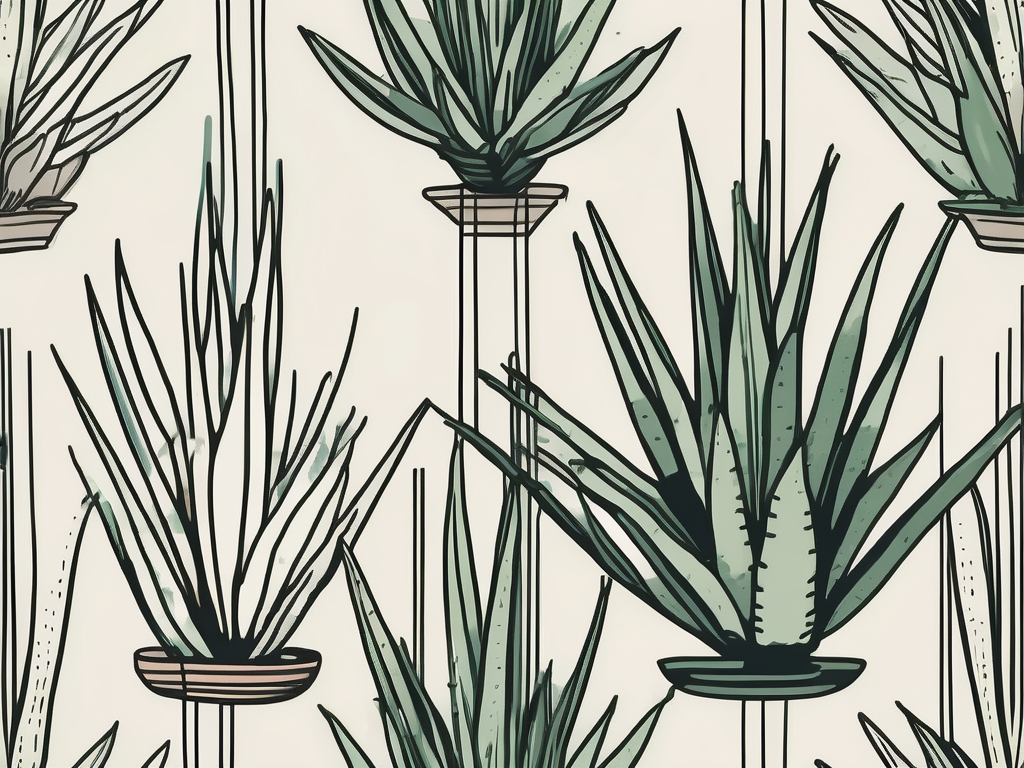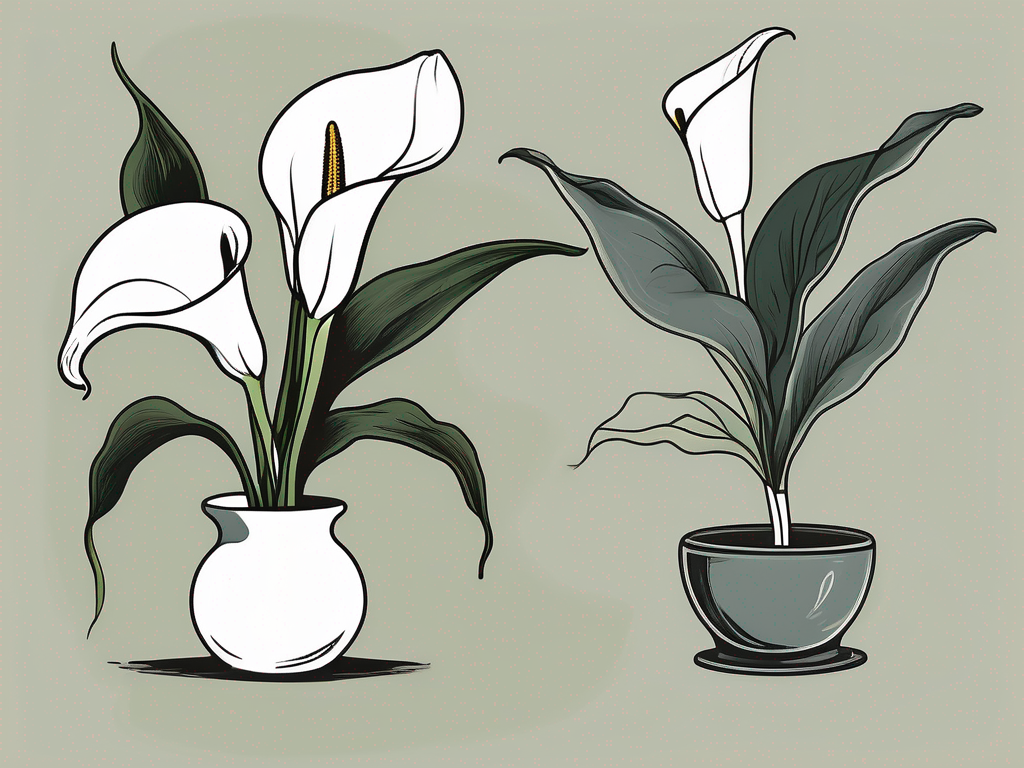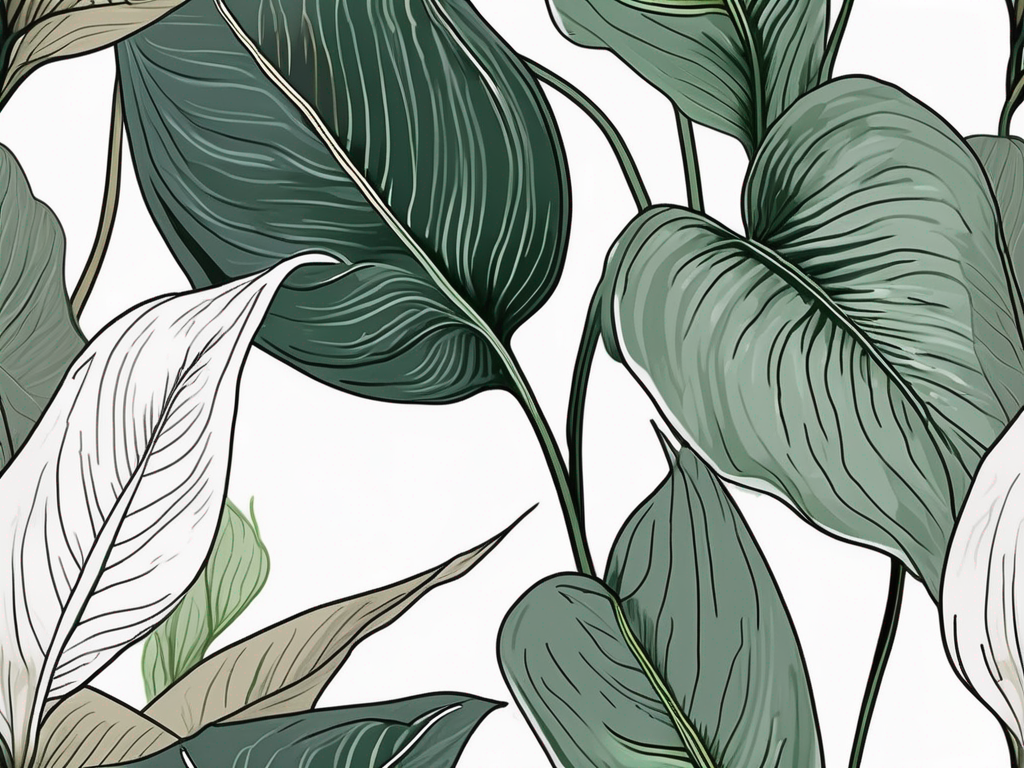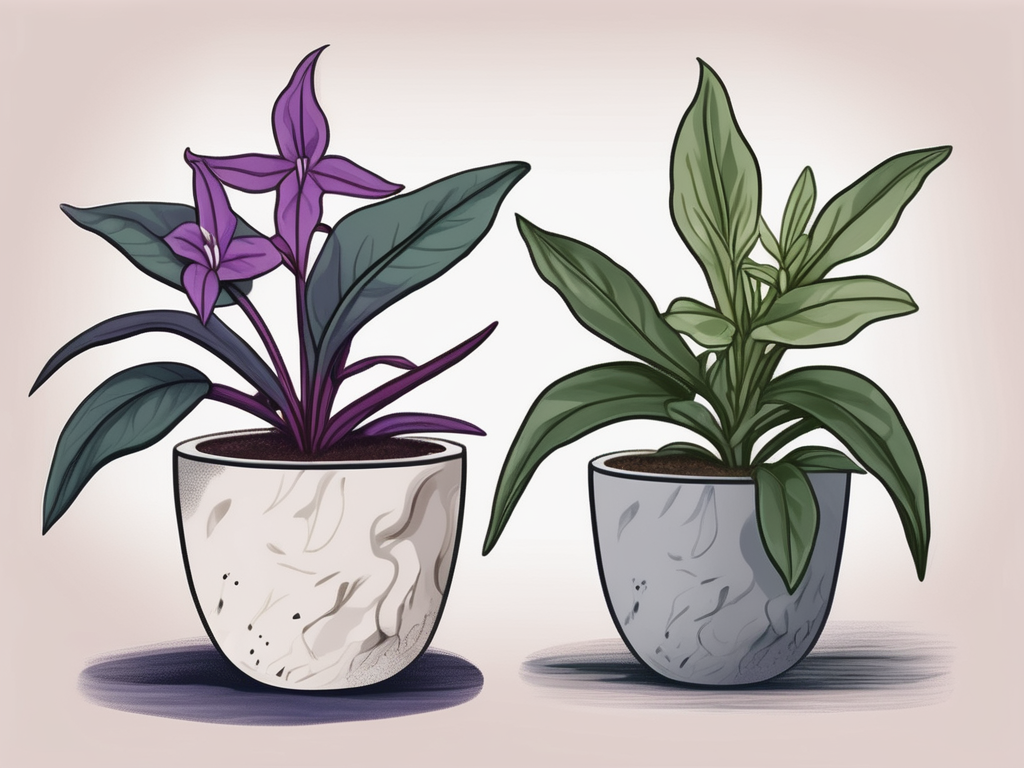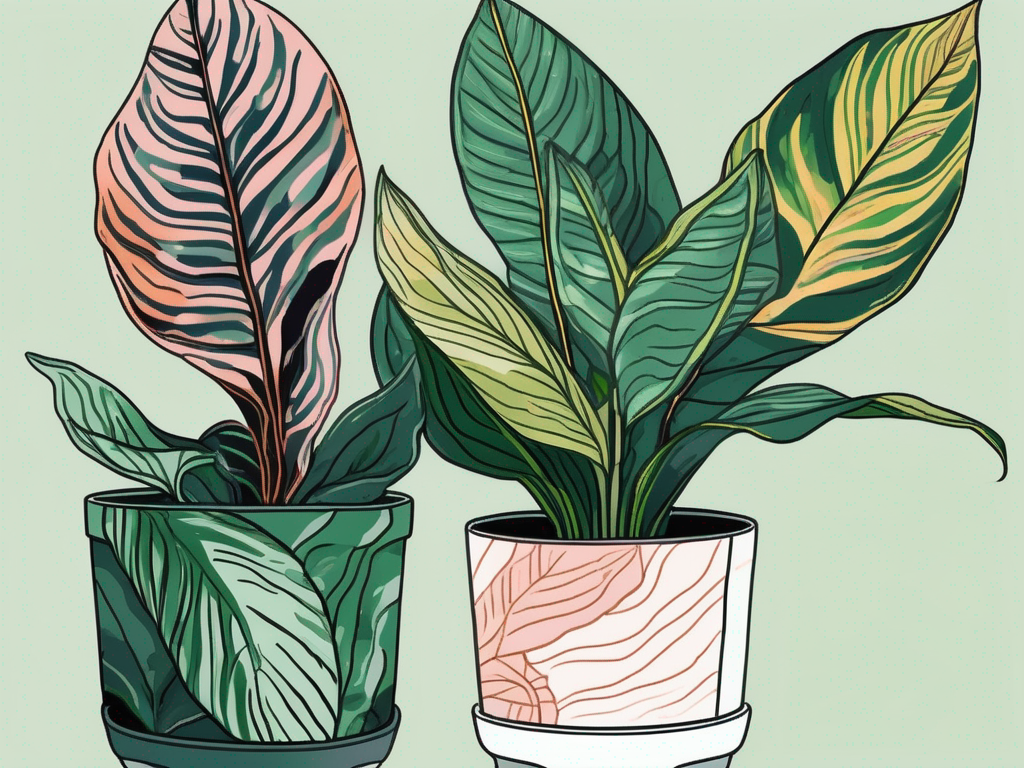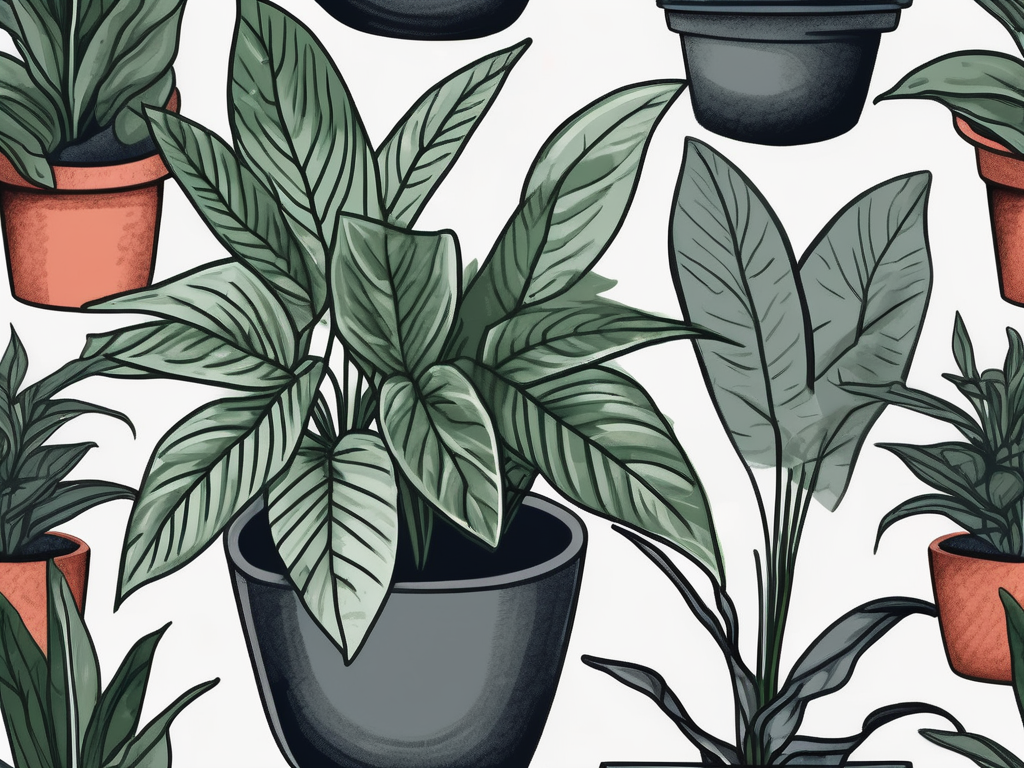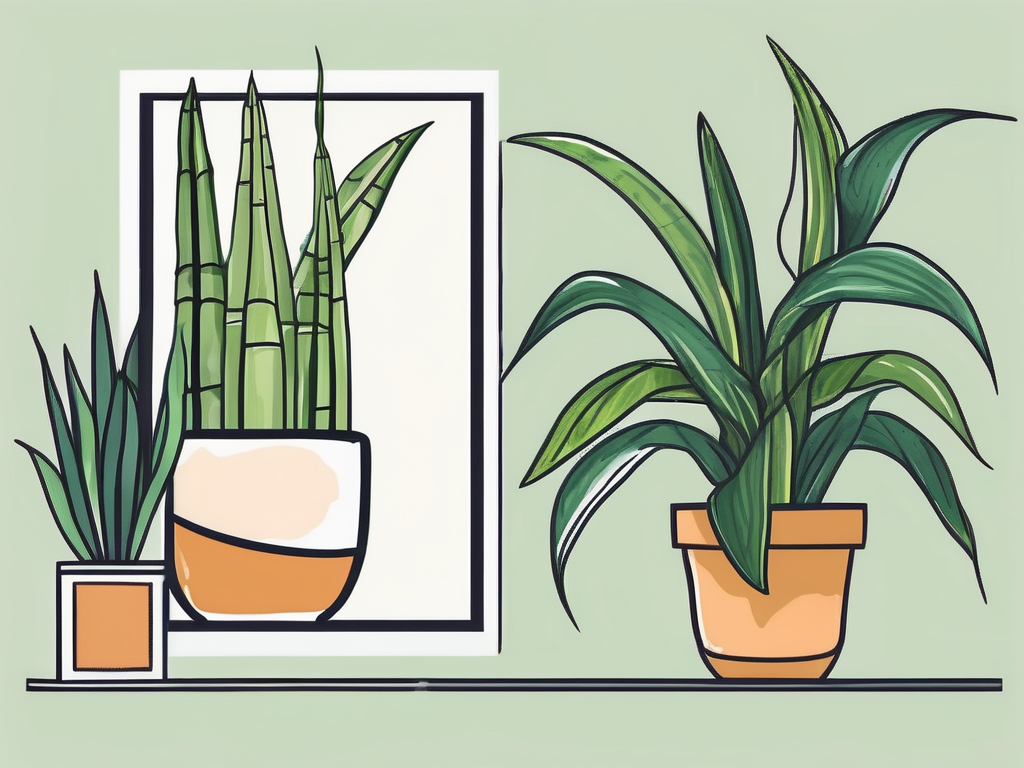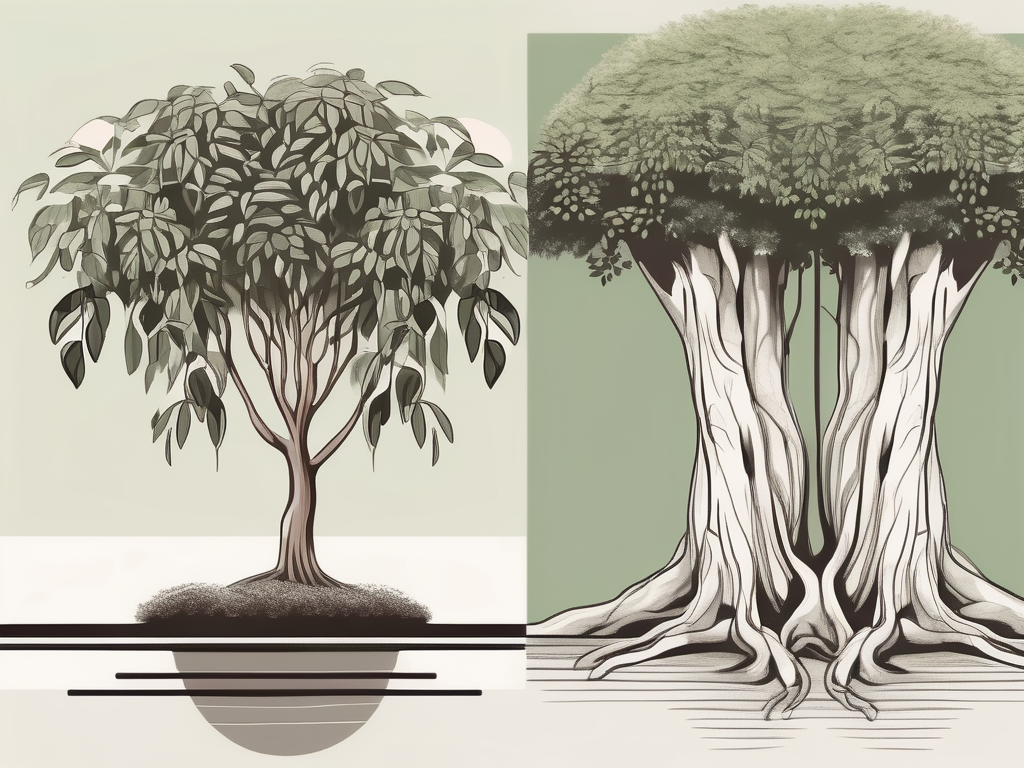
Monstera plants, with their striking, split leaves, have become a staple for anyone looking to add a touch of the tropics to their home. But while they might seem easygoing, these plants have some specific needs when it comes to their soil. Get it right, and you'll have a happy, thriving plant. Get it wrong, and you might end up with a droopy, sad-looking Monstera.
In this article, we're going to talk all about what makes the best soil for Monstera plants. We'll cover everything from what kind of ingredients you should look for in a soil mix to how often you should repot your plant. So, whether you're a seasoned plant parent or just starting out, stick around for some helpful tips and tricks to keep your Monstera looking its best.
Understanding Monstera's Natural Habitat
Before we can understand what kind of soil Monstera plants need, it helps to know a bit about where they come from. These plants are native to the tropical rainforests of Central and South America. Picture dense, humid jungles where plants climb up trees to get their share of the sunlight. That's home for the Monstera.
In these rainforests, Monsteras grow on the forest floor, where the soil is rich in organic matter. It's a mix of decaying leaves, twigs, and other plant debris, creating a nutrient-rich environment. The soil is also well-draining, allowing excess water to flow away easily. This is crucial because while Monsteras love humidity, they don't want their roots sitting in water for too long.
Understanding this natural habitat gives us clues about what kind of soil they thrive in. We want to mimic these conditions as closely as possible in our homes to keep our plants healthy. This means creating a soil mix that's both nutrient-rich and well-draining.
Components of the Ideal Monstera Soil
Creating the right soil mix for your Monstera isn't about finding a single perfect product off the shelf. Instead, it's about understanding the components that make up a good soil mix. Here's what you should look for:
- Peat Moss or Coco Coir: These materials provide structure to the soil and help retain moisture without becoming waterlogged. Peat moss is slightly acidic, which Monsteras like. Coco coir is a more sustainable alternative and works just as well.
- Perlite or Pumice: These are lightweight, volcanic rocks that improve aeration and drainage. They help ensure that water flows through the soil without getting trapped, which is vital for preventing root rot.
- Bark Chips: Adding bark chips mimics the forest floor and helps with both aeration and drainage. They also break down over time, enriching the soil with nutrients.
- Compost: Compost is full of nutrients and beneficial microorganisms. It provides a natural source of food for your Monstera, encouraging healthy growth.
By combining these elements, you're essentially recreating the rich, well-draining soil that Monsteras love in their natural habitat. You can find premixed soils that include some of these components, but often, making your own mix gives you the best control over the quality and balance of ingredients.
Creating Your Own Monstera Soil Mix
Ready to get your hands dirty? Creating your own soil mix can be incredibly satisfying and gives you a chance to tailor the soil to your plant’s specific needs. Here's a simple recipe to get you started:
Ingredients:
- 1 part peat moss or coco coir
- 1 part perlite or pumice
- 1 part bark chips
- 1 part compost
Instructions:
- Measure: Start by measuring out your ingredients. You can adjust the ratios slightly depending on the specific needs of your plant. If your home is particularly dry, you might want to add a bit more peat moss or coco coir to help retain moisture.
- Mix: Combine all the ingredients in a large container or wheelbarrow. Use your hands or a trowel to mix them thoroughly until they're well combined.
- Test: To make sure your mix has the right consistency, try watering it. The water should drain through quickly, leaving the soil moist but not soggy.
- Store: If you have leftover soil mix, store it in a sealed container to keep it fresh for future use. It’s always handy to have some on hand for repotting or refreshing your plant’s soil.
This homemade mix should provide your Monstera with the perfect balance of moisture retention, drainage, and nutrients. Happy planting!
Signs Your Monstera Needs a Soil Change
Even if you've got the perfect soil mix, there will come a time when your Monstera needs a change. But how do you know when it's time? Here are some signs to look out for:
- Slow Growth: If your Monstera isn't growing as quickly as it used to, or if new leaves are smaller than usual, it might be time to check the soil. Over time, the nutrients in the soil get used up, and your plant might need a fresh supply.
- Yellowing Leaves: While yellow leaves can be a sign of many issues, poor soil quality is a common culprit. If you've ruled out watering issues, pests, and lighting problems, consider repotting your plant.
- Root Bound: If you notice roots growing out of the drainage holes or circling the inside of the pot, it's time to repot. A larger pot with fresh soil will give the roots room to grow and access to new nutrients.
- Foul Smell: Healthy soil smells earthy, not musty or sour. If your soil has an unpleasant odor, it might be waterlogged or harboring bacteria or fungus. Changing the soil can help prevent root rot and other issues.
Being observant and responsive to your plant's needs will keep it healthy and thriving. Regularly checking the condition of your Monstera's soil is a good habit to develop.
Repotting Your Monstera
Repotting is an essential part of plant care, and your Monstera will likely need it every couple of years. Here's a step-by-step guide to help you through the process:
What You'll Need:
- Fresh soil mix (as discussed above)
- A pot that's 1-2 inches larger in diameter than the current one
- A trowel or small shovel
- Gloves to protect your hands
- Watering can or spray bottle
Steps:
- Prepare the New Pot: Fill the new pot with a layer of fresh soil mix at the bottom. This will give the roots a soft landing and help with drainage.
- Remove the Plant: Gently remove your Monstera from its current pot. You might need to run a knife around the edge to loosen it. Be careful not to damage the roots.
- Loosen the Roots: If the roots are tightly bound, gently tease them apart with your fingers. This will encourage them to spread out in their new home.
- Place and Fill: Position the plant in the new pot and fill around it with fresh soil. Ensure the plant is at the same soil level as it was in the old pot.
- Water Thoroughly: Water the plant well to help settle the soil and eliminate air pockets. Make sure the excess water drains out completely.
Repotting can seem daunting, but it's a rewarding process that can give your Monstera a new lease on life. Plus, it's a great opportunity to check the health of the roots and ensure everything is in tip-top shape.
Watering and Soil Moisture
Getting the watering right for your Monstera is just as important as the soil mix. Monsteras like their soil to be consistently moist but never soggy. Here's how to strike that balance:
Check the Soil: Before you water, check the top inch of soil. If it's dry, it's time to water. If it's still damp, give it a few more days.
Water Thoroughly: When you do water, make sure to do it thoroughly. You want water to run through the drainage holes, ensuring all the roots get a good drink.
Avoid Overwatering: One of the most common mistakes is overwatering. If your Monstera's leaves are yellowing and the soil is consistently wet, you might be watering too much.
Humidity Matters: Remember, Monsteras appreciate humidity. If your home is very dry, consider misting the leaves occasionally or using a humidifier, especially in winter.
By paying attention to both your plant's soil and its watering needs, you'll be able to create an environment where your Monstera can thrive.
Common Soil Issues and How to Troubleshoot Them
Even with the best intentions, things can go wrong. Here are some common soil issues Monstera owners face and how to fix them:
Overwatering:
If you notice yellowing leaves and soggy soil, you're likely overwatering. Let the soil dry out before watering again, and ensure your pot has adequate drainage.
Underwatering:
Dry, crispy leaves can be a sign of underwatering. Make sure you're checking the soil moisture regularly and watering when the top inch is dry.
Poor Drainage:
If water is pooling on the soil surface, your mix may not be draining well. Adding more perlite or pumice can improve drainage.
Nutrient Deficiency:
Pale leaves and slow growth can indicate a lack of nutrients. Refreshing the soil or using a balanced fertilizer can help.
By being proactive and observant, you can tackle any soil issues head-on and keep your Monstera happy and healthy.
Choosing the Right Pot for Your Monstera
The pot you choose for your Monstera is almost as important as the soil. Here's what to keep in mind:
- Size Matters: Choose a pot that's 1-2 inches larger in diameter than the current one. Too big, and the soil can stay wet for too long, leading to root rot.
- Drainage is Key: Always go for pots with drainage holes. Without them, water can pool at the bottom, suffocating the roots.
- Material Considerations: Terracotta pots are breathable and help wick moisture away from the soil. Plastic pots retain moisture longer, which can be good in dry climates.
Choosing the right pot complements your soil choice and helps create an environment where your Monstera can thrive.
Final Thoughts
In summary, creating the best soil for your Monstera involves understanding its natural habitat, choosing the right components for your soil mix, and paying attention to your plant's needs. By doing so, you'll be well on your way to cultivating a thriving Monstera that adds beauty and charm to your home.
At Cafe Planta, we're passionate about helping you care for your plants. From houseplants to accessories and plant-themed apparel, we've got you covered. If you have any questions about plant care, feel free to email us or reach out on Instagram. We're here to help you connect with nature and create a beautiful home filled with thriving plants.

